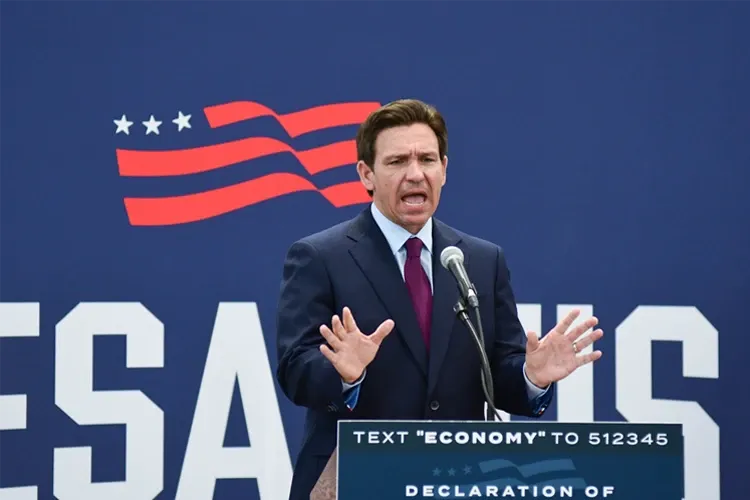Florida Republican Governor Ron DeSantis said he may send illegal aliens from Haiti to progressive areas such as Martha’s Vineyard amid federal refusal to stop mass illegal immigration.
Haiti has witnessed turmoil after gangs stormed the main prison facility in Port-au-Prince, leading to the escape of several thousand inmates and the resignation of Haitian Prime Minister Ariel Henry. The streets of the capital city have been marked by armed gang conflict, prompting concern in the United States that many Haitians may try to illegally enter the nation.
DeSantis warned in an interview with conservative commentator Dana Loesch that he may send Haitians found in Florida to sanctuary cities elsewhere in the country. “We do have our transport program also that’s going to be operational,” DeSantis commented. “So Haitians land in the Florida Keys, their next stop very well may be Martha’s Vineyard.”
The remarks come nearly two years after DeSantis sent approximately fifty illegal aliens to Martha’s Vineyard, a wealthy island in Massachusetts, given the predominantly liberal views of their residents. Massachusetts has eight sanctuary cities and has been struggling to handle the increased influxes of illegal aliens over the past three years under the Biden administration.
DeSantis remarked that federal officials have been ineffective at stopping illegal immigration and have left Florida with limited options, forcing him to prioritize stopping boats before they reach the state and sending the illegal aliens to other parts of the nation. “If they have people in our state, and we wanted to fly them, say, back to Haiti, you have to get clearance,” DeSantis added. “The federal government’s going to tell the host countries not to accept our planes.”
Customs and Border Protection has encountered more than 7.5 million individuals entering the country illegally since President Joe Biden assumed office. Americans are now most likely to say that “immigration” is the “most important problem” facing the country, according to a survey from Gallup, marking a surge in concern about the issue ahead of the fall elections.



